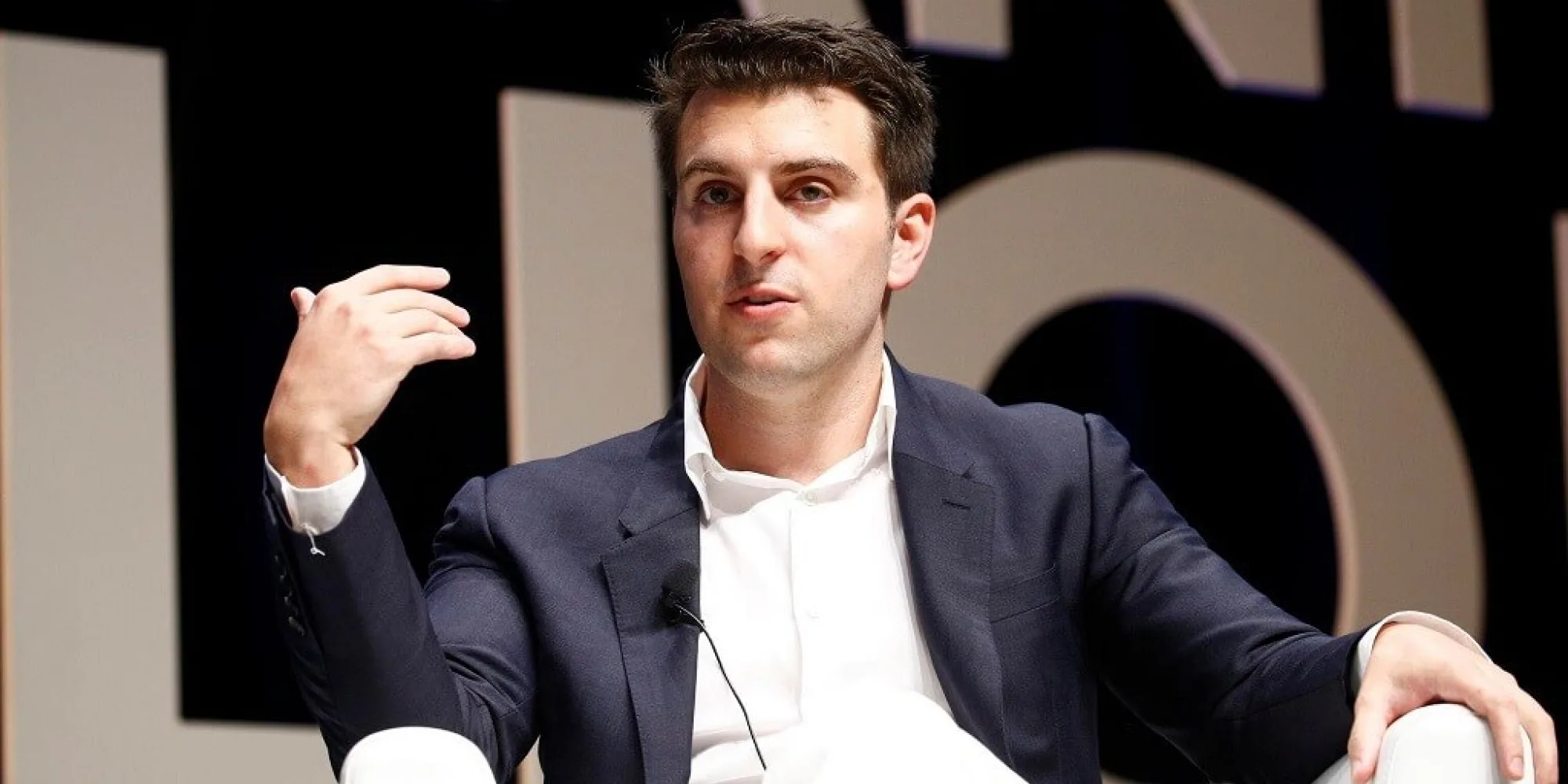Resilient Action Based & Infectious Patience
Great leaders often embody patience, understanding that the path to success is rarely straightforward. The world is made up of 8.2 billion individuals, each with their own complexities, driven by fear and status. People power organizations and buy the products and services they sell. Whether you are leading a business to profit and growth, a not-for-profit for altruistic outcomes, a church, a political party, or even a country at war, interactions are complex and never straightforward because they involve people.
- Patience as Strategic Endurance: Patience in leadership isn't about inactivity; it's about enduring the journey and staying committed to long-term goals despite setbacks. Leaders must act decisively but also recognize that some outcomes take time to materialize.
- Navigating Uncertainty: External influences in business, politics, and other fields are unpredictable. Effective leaders anticipate change and adapt their strategies, knowing that patience allows them to navigate through unforeseen challenges without losing sight of their vision.
- Infectious Patience: Great leaders inspire their teams to adopt a patient mindset. This collective patience helps maintain morale and focus, especially during tough times. It’s about fostering a culture where the team understands that perseverance and resilience are key to achieving long-term success.
- Balancing Action and Patience: Leaders must balance taking immediate actions with the patience to wait for the right opportunities. This balance ensures that they are proactive in their efforts while also being strategic about when to push forward and when to hold back.
- Learning from Setbacks: Patience involves learning from failures and setbacks. Leaders who are patient view these experiences as opportunities for growth and improvement, rather than as insurmountable obstacles.
- Time as a Healer: “Time is the healer." Patience allows leaders to see beyond immediate difficulties and trust that, with time, challenges can be overcome and goals can be achieved.
There are many modern examples of companies where the media has portrayed success as "overnight," but in reality, it was the result of years of patience and perseverance by the leaders involved. Here are a few notable cases:
- Slack: Initially, Slack started as a gaming company called Tiny Speck. After the game failed to gain traction, the team pivoted to create a communication tool for workplaces. This pivot took years of development and iteration before Slack became the widely-used platform it is today.
- Airbnb: The founders of Airbnb struggled for years, even resorting to selling cereal to keep the company afloat. It wasn't until they participated in Y Combinator and received mentorship and funding that their business model began to take off. The journey from air mattresses to a global hospitality giant was anything but overnight.
- Pinterest: Pinterest's founders spent years refining their product and business model. The platform went through numerous iterations and faced many challenges before it became the popular social media site it is now. Their success was a result of persistent effort and learning from failures.
- FlexScreen: Joe Altieri, the inventor of FlexScreen, spent over a decade developing and perfecting his product. Despite facing numerous challenges and doubts, his persistence paid off, and FlexScreen eventually became a multi-million-dollar company. The media often overlooks the years of hard work and patience that went into this success.
These examples highlight that true success often requires enduring patience, continuous learning, and the ability to adapt to changing circumstances. The media's portrayal of "overnight success" can be misleading, as it tends to gloss over the long and arduous journey that precedes it.
Brian Chesky's Leadership Principles
- Humility and Learning: Chesky emphasizes humility and the importance of learning from others. He often seeks advice from top experts in various fields, including leaders like Mark Zuckerberg and Reid Hoffman.
- Hands-On Approach: Known for his "managing by visibility" style, Chesky stays deeply involved in the details of the business. He regularly communicates with employees and immerses himself in various aspects of the company to understand and address issues directly.
- Bold Decision-Making: During crises, Chesky believes in making bold decisions based on principles rather than seeking consensus. For example, after a significant incident involving a host's property, he took full responsibility and implemented a $50,000 guarantee for hosts.
- Customer-Centric Focus: Chesky prioritizes understanding and connecting with customers. Early in Airbnb's journey, he followed advice to get to know every customer personally, which helped shape the company's customer-centric approach.
- Perseverance and Adaptability: Chesky's journey with Airbnb involved numerous challenges and pivots. His perseverance and ability to adapt to changing circumstances have been crucial to Airbnb's success.
- Patience: Chesky understands that building a successful company takes time. He has demonstrated patience in navigating setbacks and waiting for the right opportunities to align with Airbnb's long-term vision.
These principles reflect Chesky's unique approach to leadership, combining humility, boldness, patience, and a deep commitment to both his team and customers.

